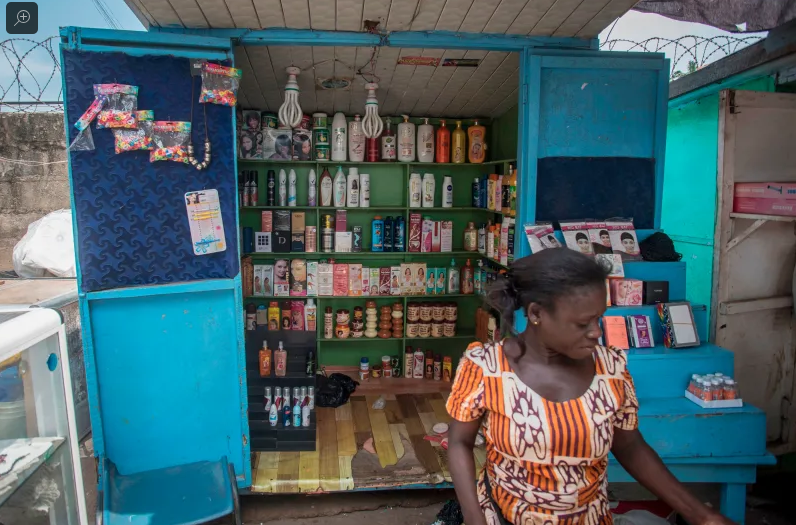Maiysha Kai
Rwanda just became the latest country to take aggressive action against the widespread practice of skin bleaching, now enforcing a ban on products that contain ingredients intended to lighten the skin—most commonly, hydroquinone.
In December, Rwandan police told national outlet The New Times the move, in which officials are patrolling markets and seizing bleaching products throughout the country, had so far resulted in the confiscation of more than 5,000 banned products. The increased enforcement follows a November Twitter exchange between Rwanda’s president Paul Kagame and a concerned citizen.
+1 https://t.co/MAn3FF77Sg— Yolande Makolo ?? (@YolandeMakolo) November 24, 2018
Quite unhealthy among other things. Includes use of prohibited chemicals. MoH and RNP need to reign this in very quickly…! https://t.co/zRvJRa8Dcq— Paul Kagame (@PaulKagame) November 25, 2018
Calling on the Ministry of Health and Rwandan parliament, Kamage called attention to an issue that has long been plaguing Africa, as well as much of Asia. As CNN reports, a 2011 report by the World Health Organization indicated that approximately 25 percent of women in Mali, 77 percent of women in Nigeria, and 59 percent in Togo regularly use products intended to lighten their skin.
In 2015, the Ivory Coast became the first African nation to ban skin-lightening creams, with Ghana following suit in 2017. After a 2016 ban on unprescribed use, the Rwanda Standards Board issued another warning last December about the effects of hydroquinone and the many other names used to market it. Of this latest development, Simeon Kwizera, the public relations and communications officer for the board, tells CNN:
“It is been implemented by the Ministry of Health and the Rwanda Food and Drug Authority and the Rwanda Standards Board. Operations are being conducted by technical people. The police is there to oversee only and make sure that all operations are being conducted in a safe way.”
What’s not safe? Not only hydroquinone, but the mercury frequently used in these products. The World Health Organization warns:
The main adverse effect of the inorganic mercury contained in skin lightening soaps and creams is kidney damage. Mercury in skin lightening products may also cause skin rashes, skin discoloration and scarring, as well as a reduction in the skin’s resistance to bacterial and fungal infections. Other effects include anxiety, depression or psychosis and peripheral neuropathy.
And yet, despite reports of the dangers of these products—which are manufactured throughout the world, including the United States, CNN cites findings by Global Industry Analysts that project the skin lightening industry reaching $31.2 billion by 2024. Frighteningly, this a more than 40 percent leap from $17.9 billion in 2017. Asia, the Middle East, and Africa are expected to be the locus of much of this activity.
Addressing the very valid concern that black market use will only increase, Francois Uwinkindi, director of the cancer unit at Rwanda’s Ministry of Health, told Reuters news agency the effort is twofold: “We are now putting much effort, like educating people, going around and seizing those illegal products.”

